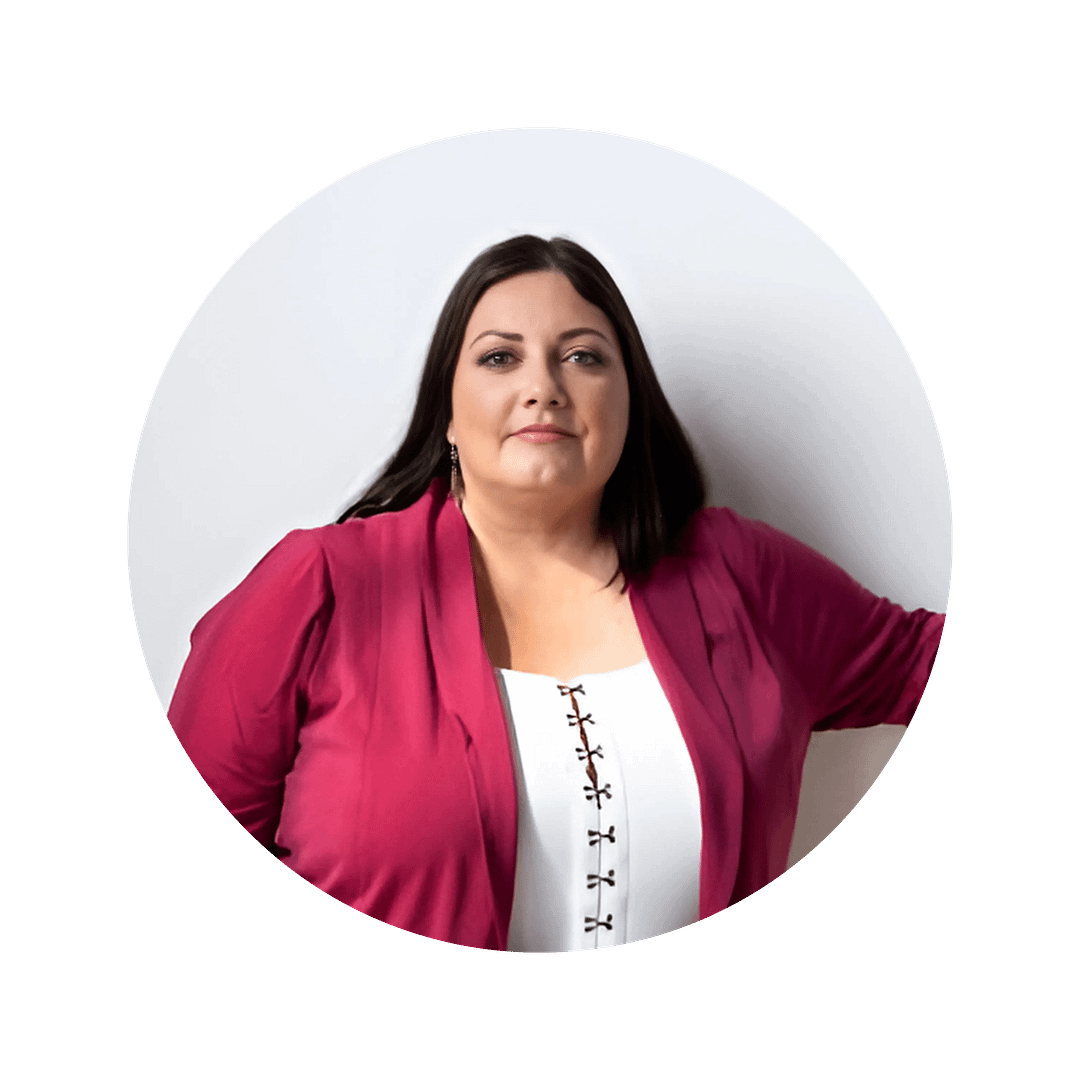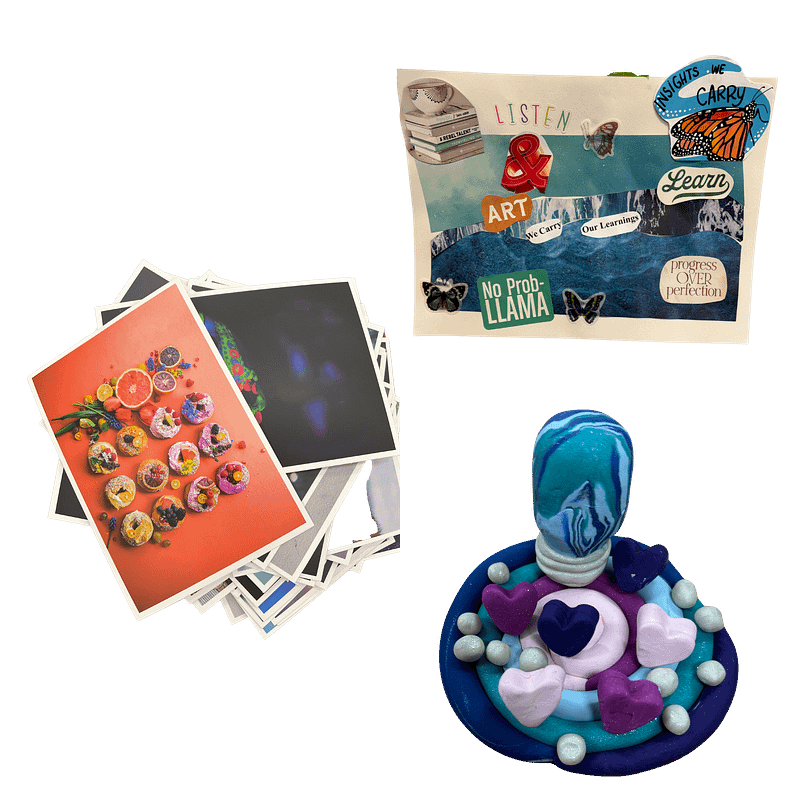
“Tānsi,” Gladys begins. “My name is Gladys Rowe. I’m Muskego Inninew, Swampy Cree from Fox Lake Cree Nation, in northern Manitoba, Treaty 5 territories, near the Hudson Bay and the Nelson River.” Although from northern Manitoba, Gladys acknowledges that she now lives on the traditional lands of the Duwamish and Suquamish Nations.
Gladys shares that her work in evaluation is deeply tied to her identity and community. “I live far from home,” she says, “but my heart and spirit are always connected to the lands and people I come from.” Her career in evaluation began in 2008 and has since evolved into a practice that centers Indigenous-led, decolonial evaluation and research. Today, she leads her consulting firm, Indigenous Insights, and hosts the Indigenous Insights podcast.
Her work, she explains, is not merely about conducting evaluation but about creating spaces where communities can see their own brilliance. “Evaluation, for me, isn’t just about measurement,” she says. “It’s about storytelling, reflection, and building relationships.”
Reflective learning is a cornerstone of her approach. Gladys describes it as a process of pausing, thinking deeply, and asking meaningful questions. “What am I learning? What’s changing? What’s coming up for me? These are simple questions, but they’re so powerful,” she says. Reflection, she explains, isn’t only for individual growth; it’s also a way for teams to collectively tell their stories. She shares how one project integrated reflection questions at regular intervals, which allowed participants to document their learning and progress over time. “At the end of the year, they created a timeline of reflections,” she says, “and it was incredible to see how far they’d come. It reminded them of their purpose and the transformative power of their work.”
Her focus on reflection extends beyond formal methods. Gladys works with organizations to embed a culture of reflective practice, helping them adapt prompts and tools to their specific needs. “It’s about building that evaluative thinking muscle,” she says, “and preparing people to tell their stories in ways that are meaningful to them.” She emphasizes that reflective practices evolve with a project’s needs, ensuring they remain relevant and impactful. This iterative approach not only strengthens individual understanding but fosters a collective awareness that enriches the work being done.
When the discussion turns to arts-based approaches, Gladys explains how creative methods can open up new pathways for expression. Play-Doh, photo cards, and collage are some of the tools she uses to help participants share their stories in ways that transcend text-based methods. “Art takes us out of our heads and into our bodies,” she explains. In one project, participants worked together to create a mural that visually captured their collective journey. “It became a living story,” she says. The act of contributing to the mural not only allowed participants to process their experiences but also fostered a sense of trust and community. “These methods honour everyone’s way of showing up and participating,” she adds. Arts-based approaches, she notes, often lead to deeper engagement by encouraging participants to reflect creatively and holistically.
I ask about the risks of recolonization, a term that I first heard on her podcast, and Gladys shares how the co-opting of Indigenous methodologies, without honouring their origins, poses a significant challenge.
“There’s a lot of excitement around Indigenous approaches,” she acknowledges, “but this work requires intention and care.”
She explains how rushing to adopt these methodologies without understanding their specific cultural roots can strip them of their meaning. “Swampy Cree practices aren’t interchangeable with Anishinaabe practices,” she says. “Each is deeply rooted in its own teachings, values, and principles.” This distinction, she emphasizes, is vital to preserving the integrity and authenticity of the methodologies being used.
Ensuring authenticity, Gladys explains, means centering Indigenous voices, respecting protocols, and maintaining relational accountability. “This work is relational,” she stresses. “It’s about being responsible to the people in the room, to our ancestors, and to future generations.” Gladys also points out that organizations must prepare themselves to fully embrace these methodologies, which requires time, care, and a willingness to confront systemic barriers. She underscores that these approaches cannot simply be applied universally; they demand context, reflection, and respect.
Her podcast, Indigenous Insights, has become a space for exploring these themes. Gladys speaks with gratitude about the guests who have shared their stories. “The generosity of people is humbling,” she says. Through her conversations, certain themes have emerged – hope, relational accountability, and love. “Even in the face of colonial structures and systemic barriers, there’s this beautiful sense of hope driving the work,” she says. She emphasizes that relational accountability – the responsibility to all our relations, including future generations – is central to her practice. “It’s about making choices guided by our relationships,” she explains. And then there is love, which Gladys describes as the force that sustains the work. “Love for our communities, our families, and our nations gives us the energy to keep going,” she says.
As the interview winds down, Gladys offers a thoughtful reminder about the nature of this work. “It takes time,” she says. “We don’t have all the answers, and that’s okay. Small steps matter.” She encourages organizations to start with manageable actions, focusing on building processes and relationships that will have a lasting impact.
“Change happens incrementally,” she says. “And when it’s built on good relationships, it lasts.”
All of the opportunities we’ve had to work with Gladys at Mass Culture have left a lasting impression, and her words continue to resonate with us. As the Zoom call concludes, we reflect on how Gladys’s work transcends traditional definitions of evaluation. It’s clear that her approach is rooted in nurturing relationships, honouring stories, and paving a path toward transformation. Her emphasis on relational accountability, intentionality, and love reminds us of the deep interconnectedness that underpins meaningful change, leaving us inspired to think about how these values can shape our own practices. Gladys’s insights highlight how evaluation, when approached with care, becomes a shared journey of learning, reflection, and growth, creating ripples of change that extend far beyond the immediate scope of any project.
Get to know Gladys

Gladys Rowe


